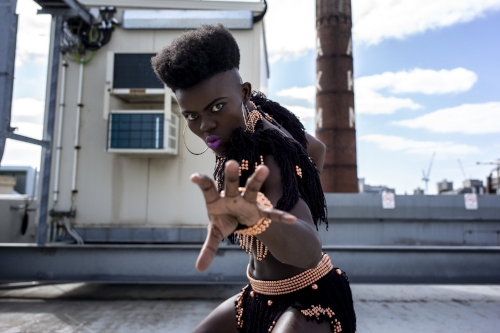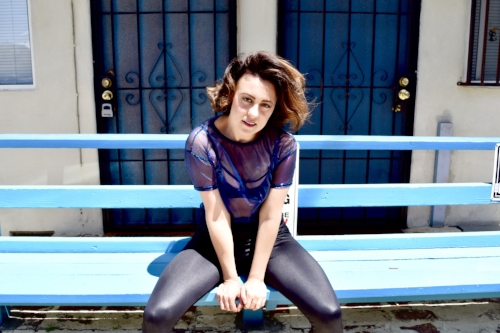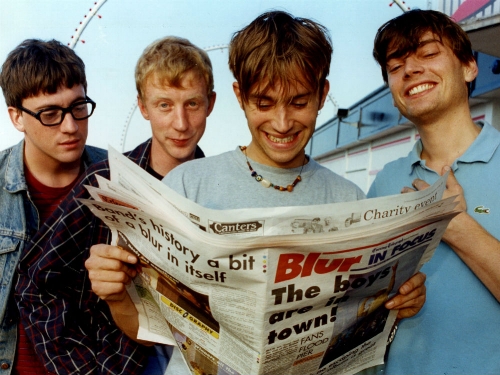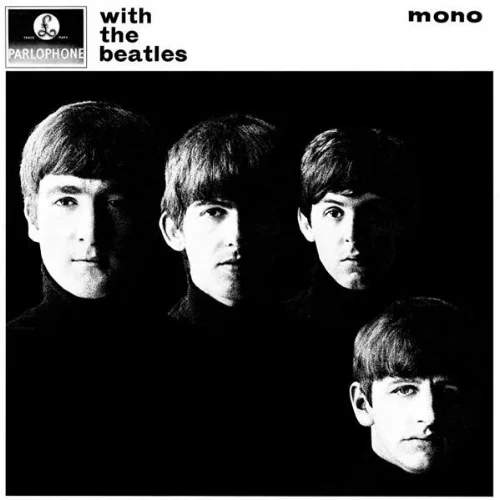INTERVIEW:
Leah Nobel
___________
THE fantastic Leah Nobel has been chatting about…
her new single, Slow Burn, and the story that inspired it. I ask what we can expect from her upcoming album, Running in Borrowed Shoes, and the sort of themes that compel the music; which artists she grew up around and the albums most important to her.
Nobel talks about her future plans and recommends an artist to watch; a few albums that mean a lot to her and whether she gets time to relax away from music – she ends the interview by selecting a great track.
__________
Hi, Leah. How are you? How has your week been?
Great. Just got back from a hiking trip in The Smoky Mountains - a much-needed weekend away.
For those new to your music; can you introduce yourself, please?
My name is Leah Nobel. I am a multi-genre artist/writer currently based in Nashville.
Slow Burn is your latest track. Can you explain the story behind the song?
During the interview process for Running in Borrowed Shoes, I asked people to share the story behind how they met their significant others; if they believed in ‘love at first sight’ etc. I used what I heard in my interviews to inspire Slow Burn, which touches on the fact that most people’s relationships don’t play out like the fantasy pop culture often perpetuates.
It is from the upcoming album, Running in Borrowed Shoes. What is the reason for that title? Are there themes/concepts that inspired the music?
The title, Running in Borrowed Shoes, was a symbol for what this project stands for. I acted as a vessel for other people’s stories, opinions and experiences and channeled them through song. There are many themes that inspired the music - ‘not feeling good enough’, ‘grief’; ‘feeling alive in the outdoors’, ‘forgiveness’.
Do you have a personal favourite from the album that stands out?
It’s hard to pick a favorite but This Pain Will Be Useful, which is on the full album coming in early-2019, impacts me the most emotionally.
How did you get into music? Was there a particular moment when it all sort of clicked?
I sort of feel like I fell into music by accident.
I never dreamed of being in the music business. I have always loved to sing and I have always known that I wanted to do something creative with my life. I think the first time I recorded in the studio as a teenager I knew that this was something more than a hobby.
What do you hope to achieve by the end of 2018?
I have been working a lot on my mental-health this year and would love to get to a place where I am less critical of myself.
Do you already have plans for 2019?
The full length record, Running in Borrowed Shoes, will be released!
Have you got a favourite memory from your time in music so far – the one that sticks in the mind?
I like the beginning of making records more than anything else. I like being in that quiet space of creativity - totally unsure of what will come out of your efforts.
Which three albums mean the most to you would you say (and why)?
Graceland - Paul Simon
It reminds me of my childhood and I love Simon’s lyrical prowess.
Say I Am You - The Weepies
It will always be one of my favorites, and I can’t really explain why- it is just comforting to me)
Slowmotionary - Ethan Gruska
A current favorite. His smart writing and musicianship blow me away.
If you could support any musician alive today, and choose your own rider, what would that entail?
I’d love to open for Carole King. My rider would be exceptionally boring. I like having a healthy meal before I perform and a quiet space to meditate.
What advice would you give to new artists coming through?
Remember what makes you different and hold it tight. Support your ‘competitors’ and treat everyone with respect and kindness.
Do you have tour dates coming up? Where can we catch you play?
I will be performing Running in Borrowed Shoes next year. Dates T.B.A.
Do you get much time to chill away from music? How do you unwind?
I try not to overbook myself because I am an introvert who needs time to recharge. I like to take baths and naps.
Finally, and for being a good sport; you can choose a song and I’ll play it here (not any of your music - I will do that).
The Valley by Ethan Gruska
___________
Follow Leah Nobel

































































































































































































